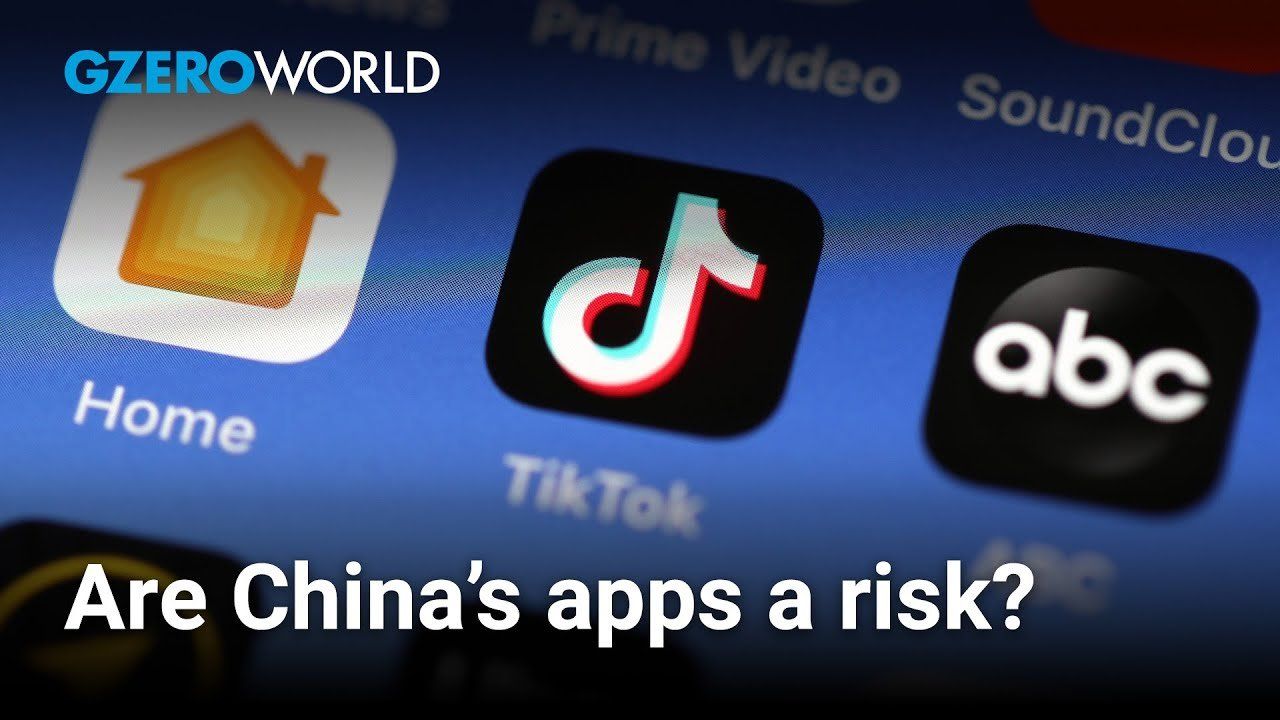GZERO World Clips
TikTok, Huawei, and the US-China tech arms race

TikTok, Huawei, and the US-China tech arms race | GZERO World

“When the Chinese get good at something, all of the sudden, the United States says, ‘This is a national security risk.’”
That’s what Shaun Rein, founder and managing director of the China Market Research Group, argued on GZERO World with Ian Bremmer while discussing the increasingly hostile geopolitical environment between the two superpowers.
Rein points to things like 5G technology and TikTok as examples of Chinese technological innovation that comes into America’s crosshairs when US-China relations sour. Not only are companies like Huawei banned, he says, but the US also pushes its allies like the UK and Australia to ban them as well.
“There’s a sword of Damocles hanging over TikTok and all Chinese apps,” Rein argues, “No matter what TikTok does, simply because China is run by the Communist Party, it’s automatically guilty until proven innocent.”
Is the technology arms race between the US and China becoming a geopolitical tit for tat? Has trust between the two countries soured too deeply to repair?
In this Quick Take, Ian Bremmer reacts to President Trump’s State of the Union address, calling it “a rehashing of the greatest hits” with little new policy direction.
In terms of volume, Russia’s fossil fuel exports have declined a little since the full-scale invasion of Ukraine began in 2022. In terms of revenue, they’ve dropped significantly.
At the Munich Security Conference, a group of global technology providers, including Microsoft, announced the Trusted Tech Alliance — committed to shared, verifiable principles for trusted, transparent, and resilient technology across borders. At a moment of economic volatility and zero-sum technological competition, countries and customers are demanding greater accountability from technology providers. The Alliance addresses this by bringing together companies from across Africa, Asia, Europe, and North America around shared commitments: transparent governance, secure development practices, supply chain oversight, open digital ecosystem, and respect for the rule of law—ensuring the benefits of emerging technologies strengthen public trust while driving job creation and economic growth. Learn about the Trusted Tech Alliance here.